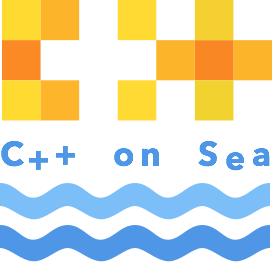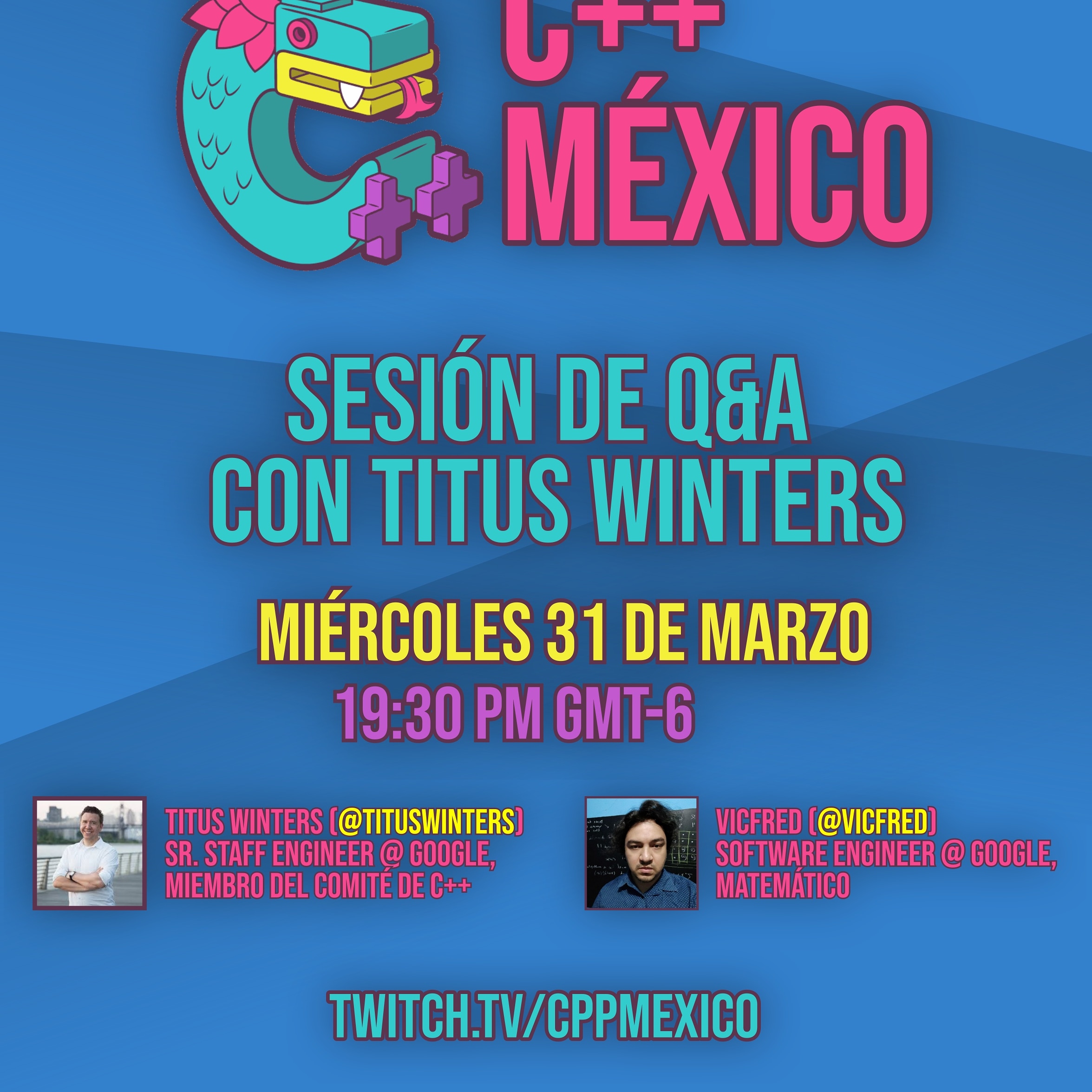Qt Developer Conference--Ann Fernandes
Will you attend?
Qt Developer Conference
by Ann Fernandes
From the article:
We at KDAB are pleased to announce an event we’re planning to host in Berlin this fall, September 28-30. Save the dates for KDAB’s Qt Developer Conference — a conference from Qt developers for Qt developers!

 Will you attend?
Will you attend?
 Welcome to our newest WG21 national body! Join them this week live at...
Welcome to our newest WG21 national body! Join them this week live at...